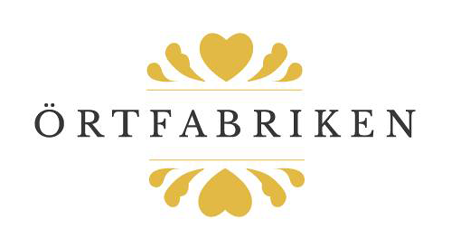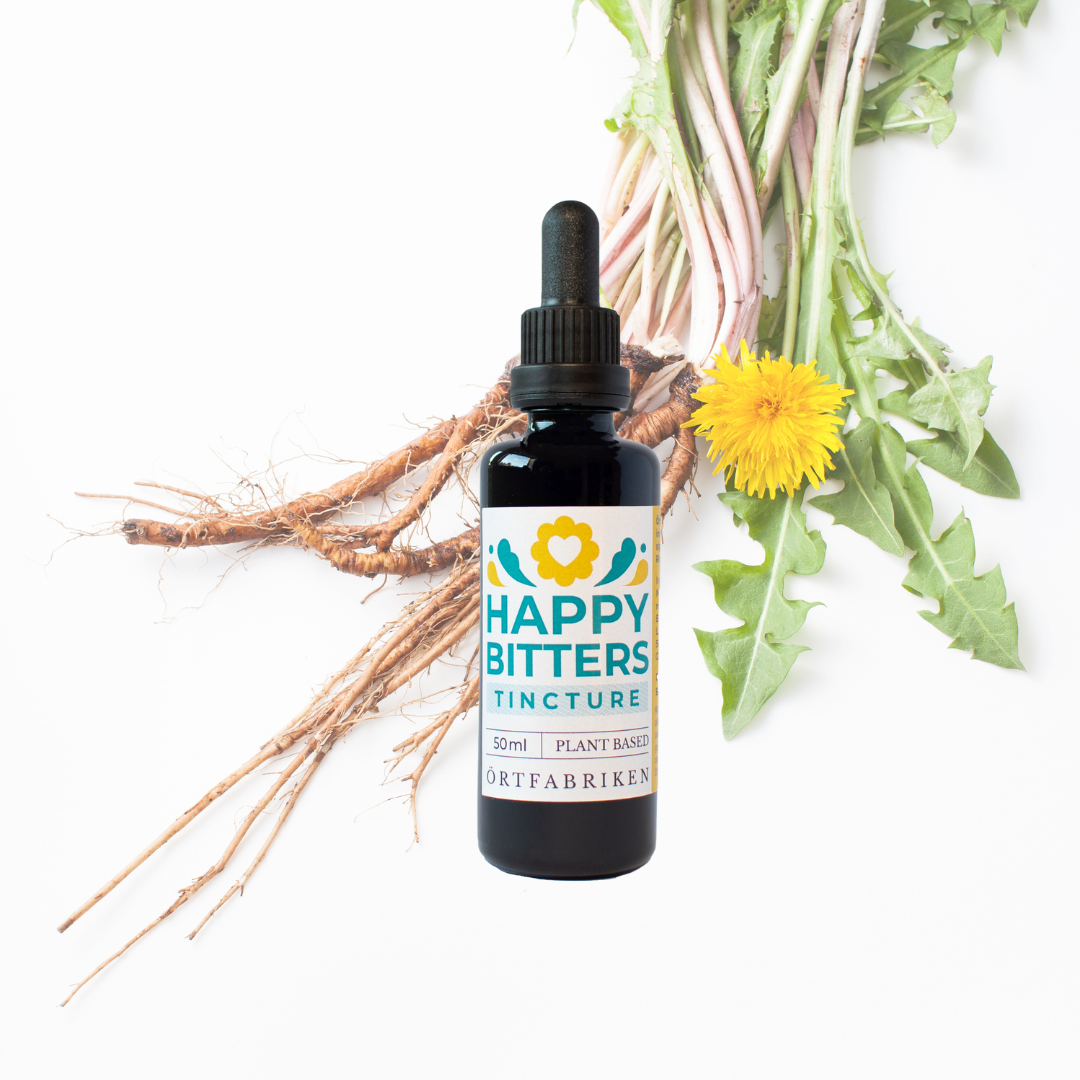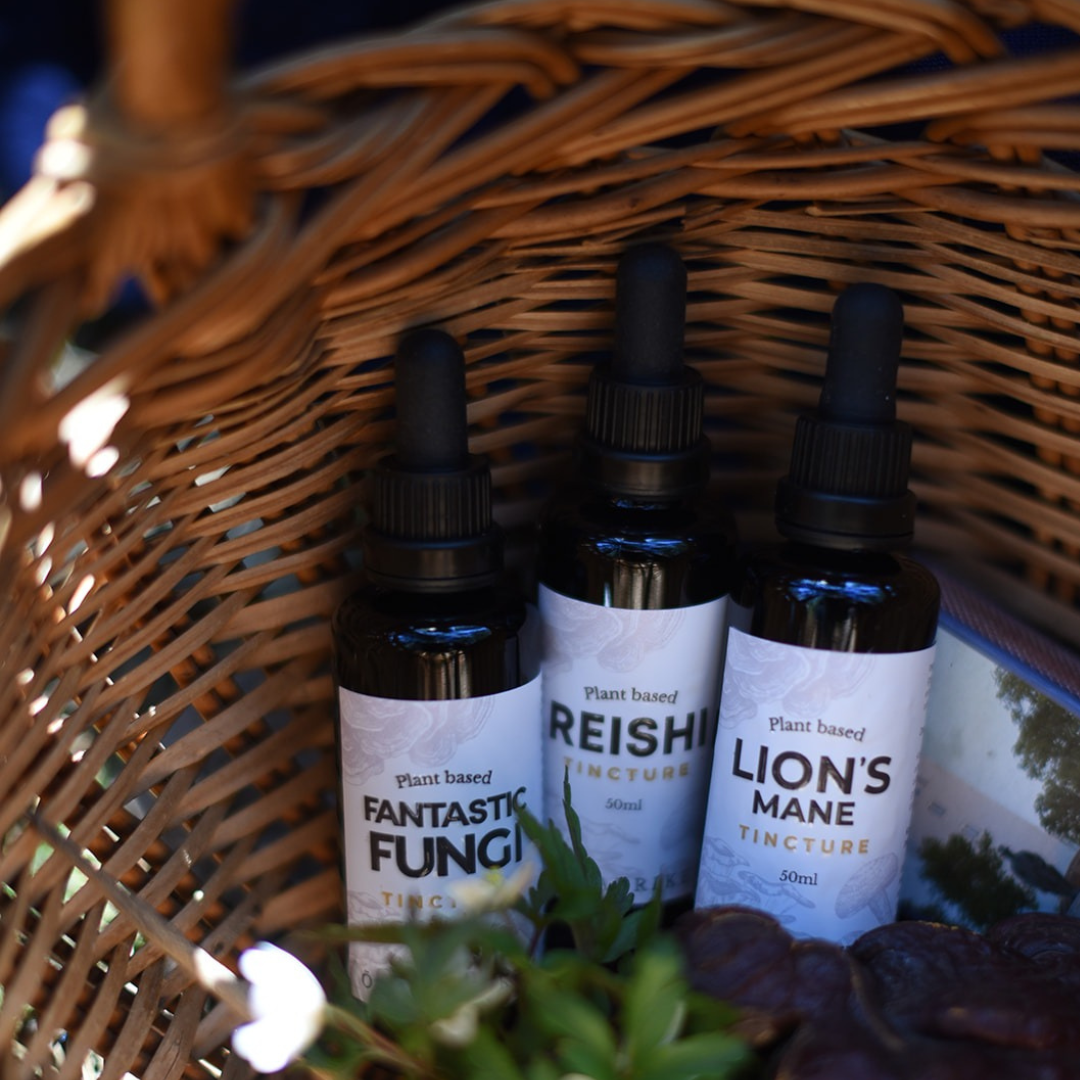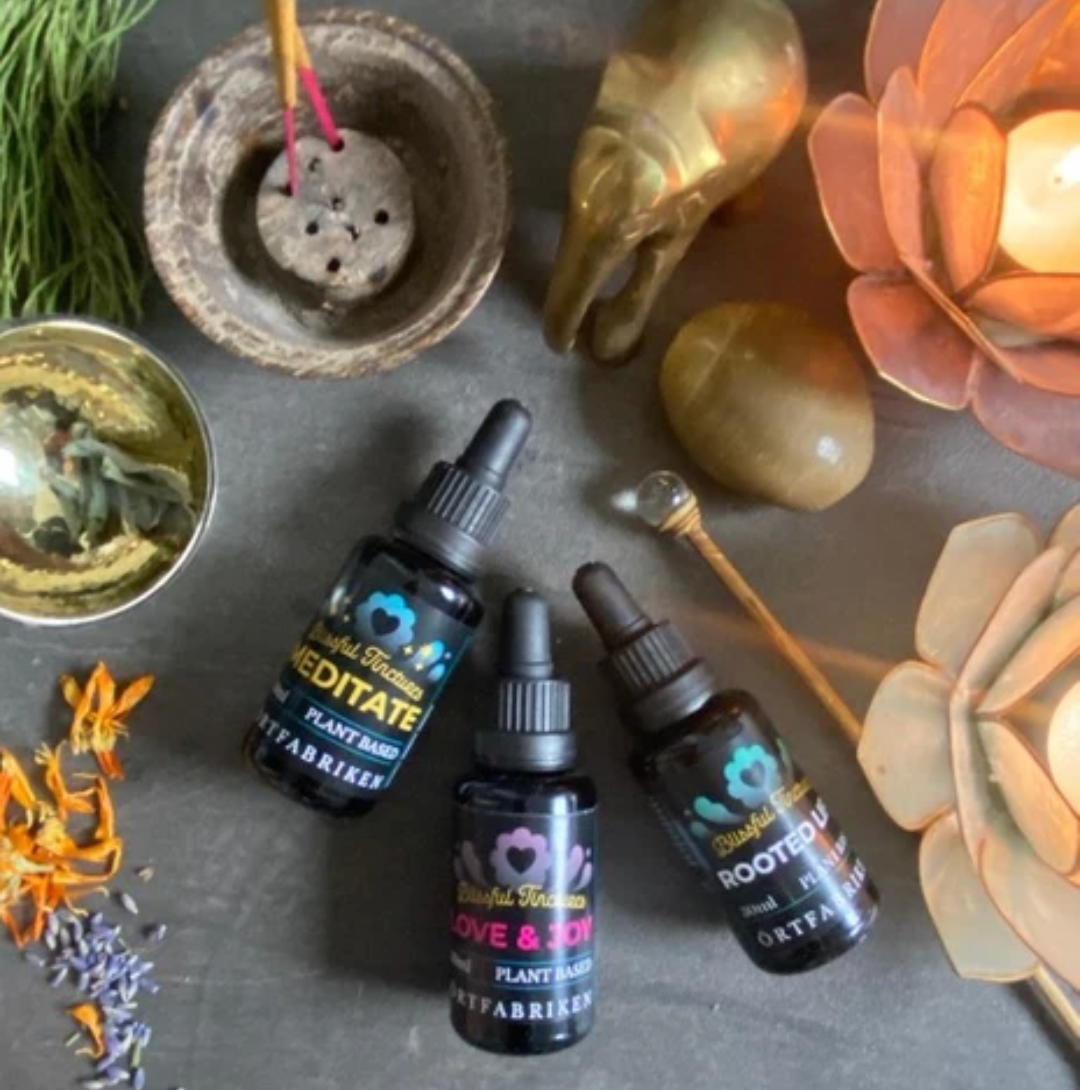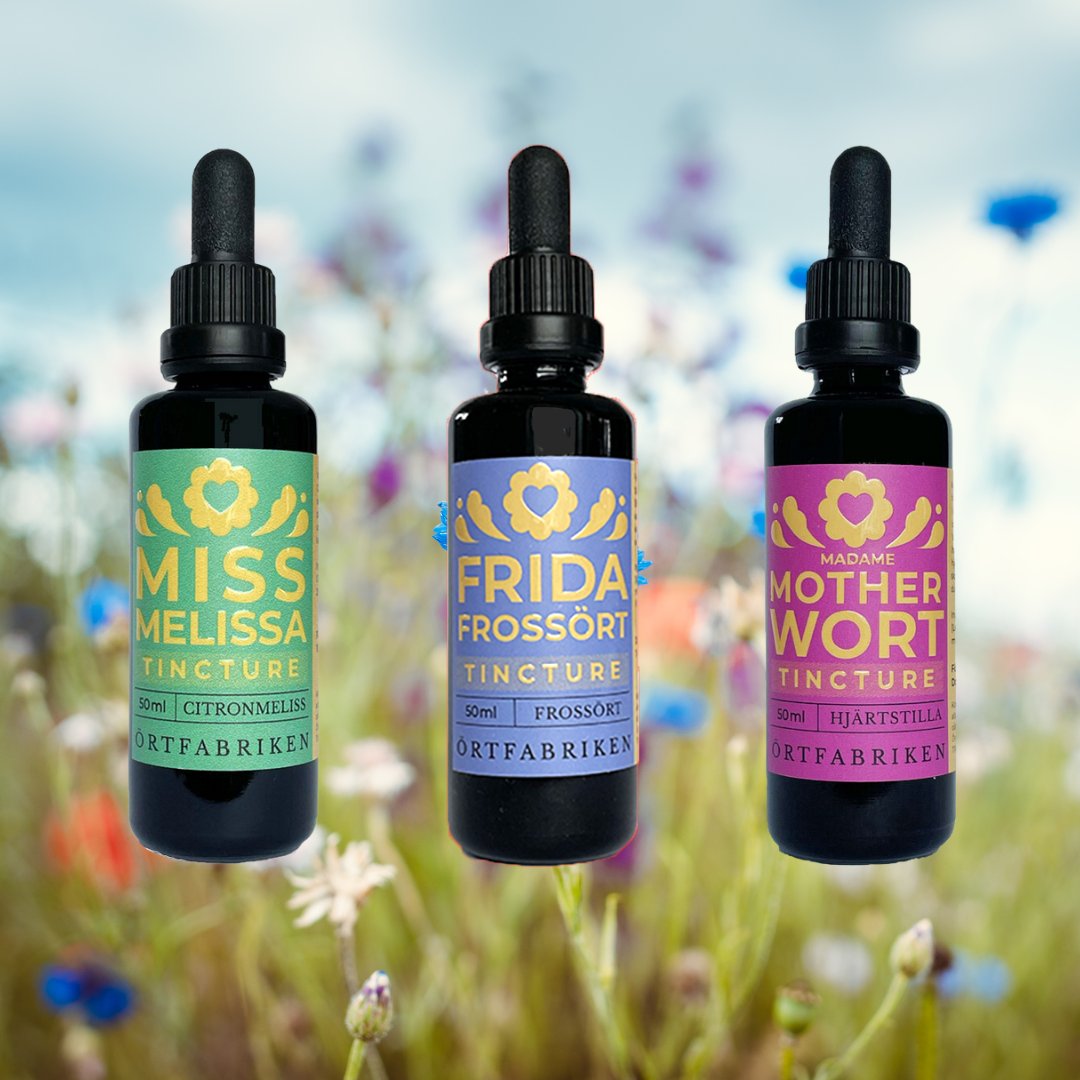The top five mistakes you make when using herbs
Dela med en vän ♡
Even before I entered the world of herbs, I had a great interest in herbs, supplements, nutrition and nutritious food. But most of the time I didn't get the effect I wanted from the herbs. This made me lose confidence in the herbs and I didn't dare to trust them when it really mattered. But since I started walking the path of herbs, I have gained an understanding of what we do wrong when we use herbs. And I have understood that a cup of chamomile is not just a cup of chamomile ...
Here's what to keep in mind when using herbs and the main mistakes you make when using herbs:
1. You take the herbs too infrequently and in the wrong dosage
I can get mad at my family members who think that it is enough to have a cup of herbal tea in the morning and then think that it provides protection for the rest of the day. The basic idea is that you should take a larger dose, more often the more acute it is. So if you want to take help from herbs for a sudden onset of illness, you should take large doses often. Take a dose every two hours during the day. When it starts to wear off, you can reduce to every three hours. Then every four hours, etc. As I wrote above, herbs act softly and gently (at least many of the ones we use regularly) so you need to be persistent. Let the herb be there and disturb and not let your guard down.
Dosage is one of the most common questions we get at Örtfabriken. In short, there are several factors that affect how much dose you should take. For example, age and body weight. Here we have written a longer article about dosage .
You should distinguish between acute and chronic conditions. An acute condition (suddenly occurring) requires more of what I write above. A chronic condition is a marathon. You should work long-term and with a smaller dose.

2. You rely on only one herb
Herbs work synergistically. A great herbal recipe is one where the herbs enhance each other. There are several theories on how to best put together an herbal recipe. I love Rosemary Gladstar's theory where she triangulates main herbs (the herb or herbs that provide the desired effect), with supporting herbs (which, for example, mitigate the effect of the main herbs) and activating herbs (which give power to the entire recipe).
Herbs and their power are ancient knowledge that belongs to all of us. But it is not always easy to know how to take this knowledge and turn it into a powerful herbal tea. It can be learned and the takeaway from this point is to allow a wider spectrum of herbs to help you. Not just one herb at a time.
As a help along the way, we can recommend one of Rosemary's books: Herbal recipes for Vibrant Health .
3. You stop taking herbs as soon as you feel better
Herbs are gentle and gentle and require commitment. Herbs take time to work. If you are using herbs to fight a cold, for example, they will slowly be with you as you move forward step by step over the peak of the cold. Often many people let go of the herbs then, when they are just starting to feel better. But a virus can grow stronger just as quickly as you let your guard down. So for herbs to work, you need to be patient and think long-term. Don't stop taking herbs as soon as you feel better, but continue for a while.
4. You forget to be grateful for the herbs
A bit related to the above. It is our self-healing ability that helps us through small and large crises. Herbs give us support through these difficult times. I don't see it as the herbs doing all the work, but they help and are extremely valuable tools for us humans. If you are a little skeptical or are not used to feeling the herbs, you may quickly disregard the effect of the herbs. As soon as the crisis is over, we forget about the herbs and we forget to be grateful for their help. With greater awareness, we can learn more about ourselves and be better equipped for future crises.

5. You are taking low-quality herbs
This is probably the hardest part to work on yourself. It is very difficult to assess the quality of herbs in depth. Several factors interact - when was the herb harvested? Where did it grow? Under what conditions? Storage and any preparation play a role. What you should look at is the aroma, taste and color. Can you smell the herb? And how does it taste? Is there a clear and distinct flavor, for example. The same goes for the color. A dried herb that looks like straw may not have much power left? Here you can read more about how we, for example, assess the quality of mushrooms.
A low-quality herb may not provide as much effect.
What do you think when you read this - does it resonate with you?

Here at Örtfabriken you can read more and learn about herbs. Dive deep into our blog, you won't be disappointed!
Vi tror du gillar dessa blogginlägg
-

Rosemary Gladstar | The Most Loving Herbalist of Our Time
-
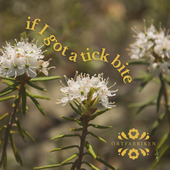
Så här skulle jag göra om jag fått ett fästingbett
-
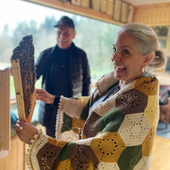
Apitherapy i Slovenien | Biodling 2.0
-
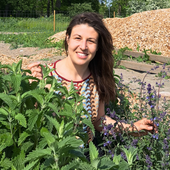
Lokalt producerad Hjärtstilla | Made in Sweden
-
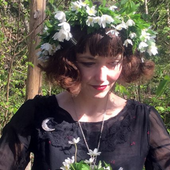
Örthändelser Sommaren 2025 | Workshops, Örtvandringar, örtkurser och retreat
-
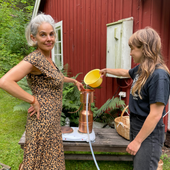
Distillation of essential oil and hydrolate | A magical process
-
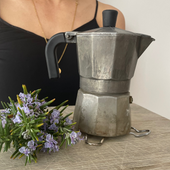
Gör eget Hydrolat med espressomaskinen | Recept Blomstervatten
-

Häxprocesserna i Sverige
-
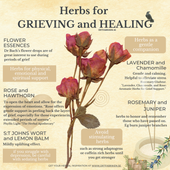
Herbs for grief and healing
-
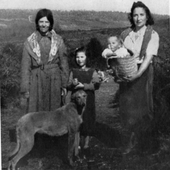
Juliette de Bairacli Levy | Iconic herbalist
